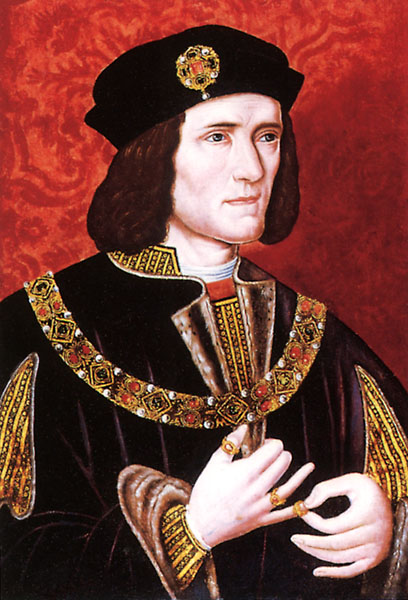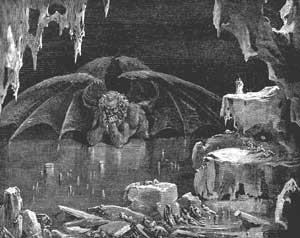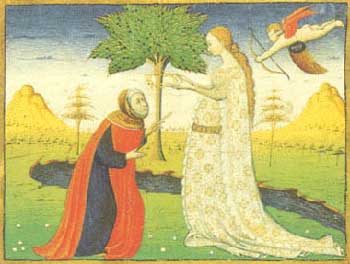
A few HUSTies in Christmas splendor...(thank you, Tippecanoe).
For students in Humanistic Studies literature courses at Saint Mary's College.




 In his Preface to Paradise Lost, David Scott Kastan reminds us that Milton's epic was "the first English poem to receive full scholarly annotation" only 28 years after it was first published in 1667 (viii). With such early and extensive attention in print, it is not at all suprising that Milton has received due attention online as well. You can read a digital version of the poem, complete with reader-friendly interactive annotations in Dartmouth's Milton Reading Room. Original images of nearly every page of the second edition of Paradise Lost (1674) are available on John Geraghty's impressive facsimile collection. More dynamic yet, Paradise Lost Audiotexts provides four distinct ways of interacting with Milton's text: 1. text-only (modernized) 2. Annotation (displaying notes parallel to the text) 3. Comparison mode (displays the 1674 page next to the modern page) and 4. Your notes (allowing you to take notes next to the page as you read). Perhaps the most exciting bit about this site, though, is the ability to listen to Books 1, 2, and 9 with the audiotext feature. Finally, even The New York Times and the New York Public Library can't resist a little Milton mania: check out this exhibit of related art and artifacts.
In his Preface to Paradise Lost, David Scott Kastan reminds us that Milton's epic was "the first English poem to receive full scholarly annotation" only 28 years after it was first published in 1667 (viii). With such early and extensive attention in print, it is not at all suprising that Milton has received due attention online as well. You can read a digital version of the poem, complete with reader-friendly interactive annotations in Dartmouth's Milton Reading Room. Original images of nearly every page of the second edition of Paradise Lost (1674) are available on John Geraghty's impressive facsimile collection. More dynamic yet, Paradise Lost Audiotexts provides four distinct ways of interacting with Milton's text: 1. text-only (modernized) 2. Annotation (displaying notes parallel to the text) 3. Comparison mode (displays the 1674 page next to the modern page) and 4. Your notes (allowing you to take notes next to the page as you read). Perhaps the most exciting bit about this site, though, is the ability to listen to Books 1, 2, and 9 with the audiotext feature. Finally, even The New York Times and the New York Public Library can't resist a little Milton mania: check out this exhibit of related art and artifacts.


Related Articles



